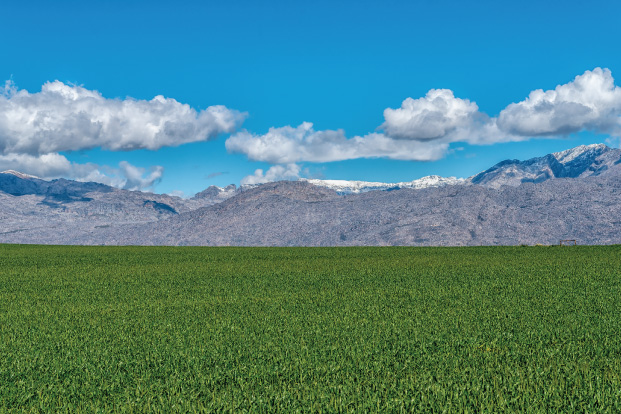Rethinking sustainable development

Avo record a reality for South Africa
September 21, 2018
Sunflower pollen has medicinal, protective effects on bees
September 27, 2018
Growing awareness of the interconnectedness between water, energy and food security is resulting in a more holistic way of measuring sustainability, says Dr Nadine Methner from the African Climate and Development Initiative at the University of Cape Town.
You are the team leader of a research project that will look at the way in which the water-energy-food nexus affects the well-being of individuals and communities in different parts of the country. What exactly is this nexus?
It is a framework that emerged from the realisation that a more integrated approach was needed to manage scarce natural resources.
Instead of only looking at the carbon or water footprint of an individual, farm or community, the nexus framework looks holistically at water security, energy security and food security, and how allocation, access and usage in one of these sectors affect either one or both of the others. This frequently requires difficult trade-offs.
Please give an example.
The drought in the Western Cape has resulted in various interventions to save water, with water restrictions having a decimating impact on agricultural output, farm income, farmworkers and rural economies.
With growing demand and climate change putting more and more pressure on the province’s water resources, policies to improve water-use efficiencies would have to be carefully designed and controlled to alleviate the impact on agricultural production. As a water-scarce country, this also holds true for the rest of South Africa.
Interventions in the water sector have implications for energy usage and sometimes for energy supply, for example hydropower generation.
How does this apply to farm level?
A farmer might only need a little water to produce enough food to keep a household going. To gain access to a market, the farmer would have to increase production, which would result in a higher energy and water demand.
Read the full article HERE



